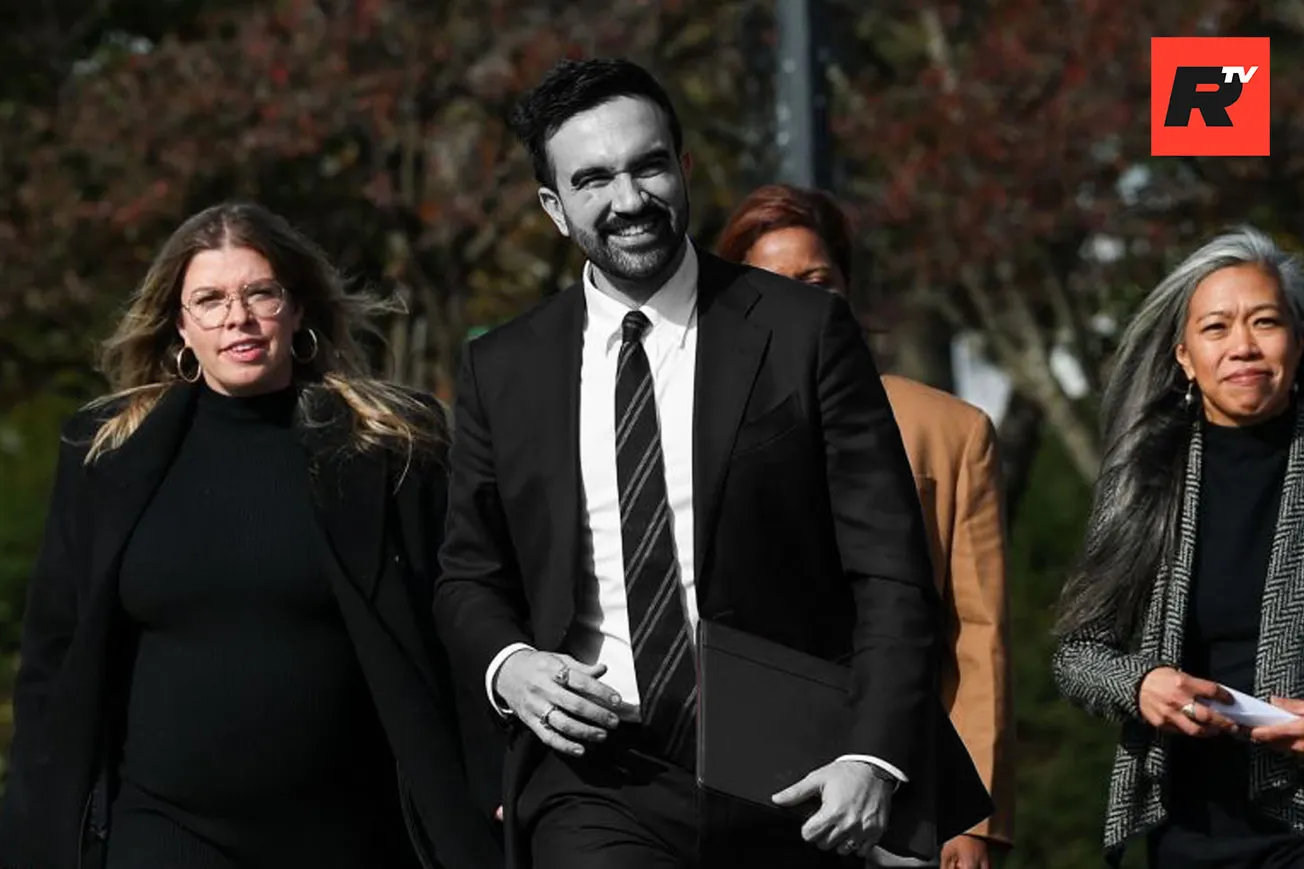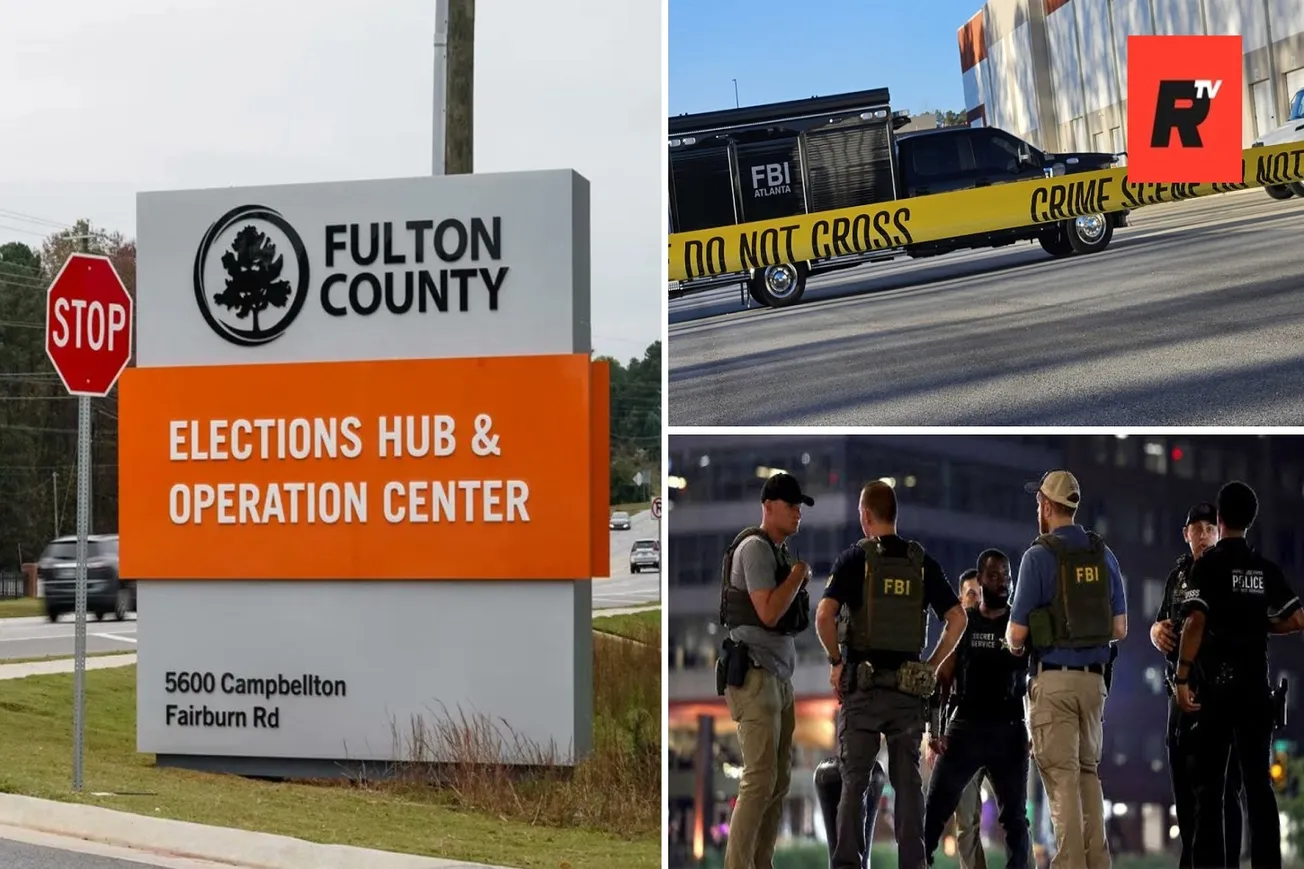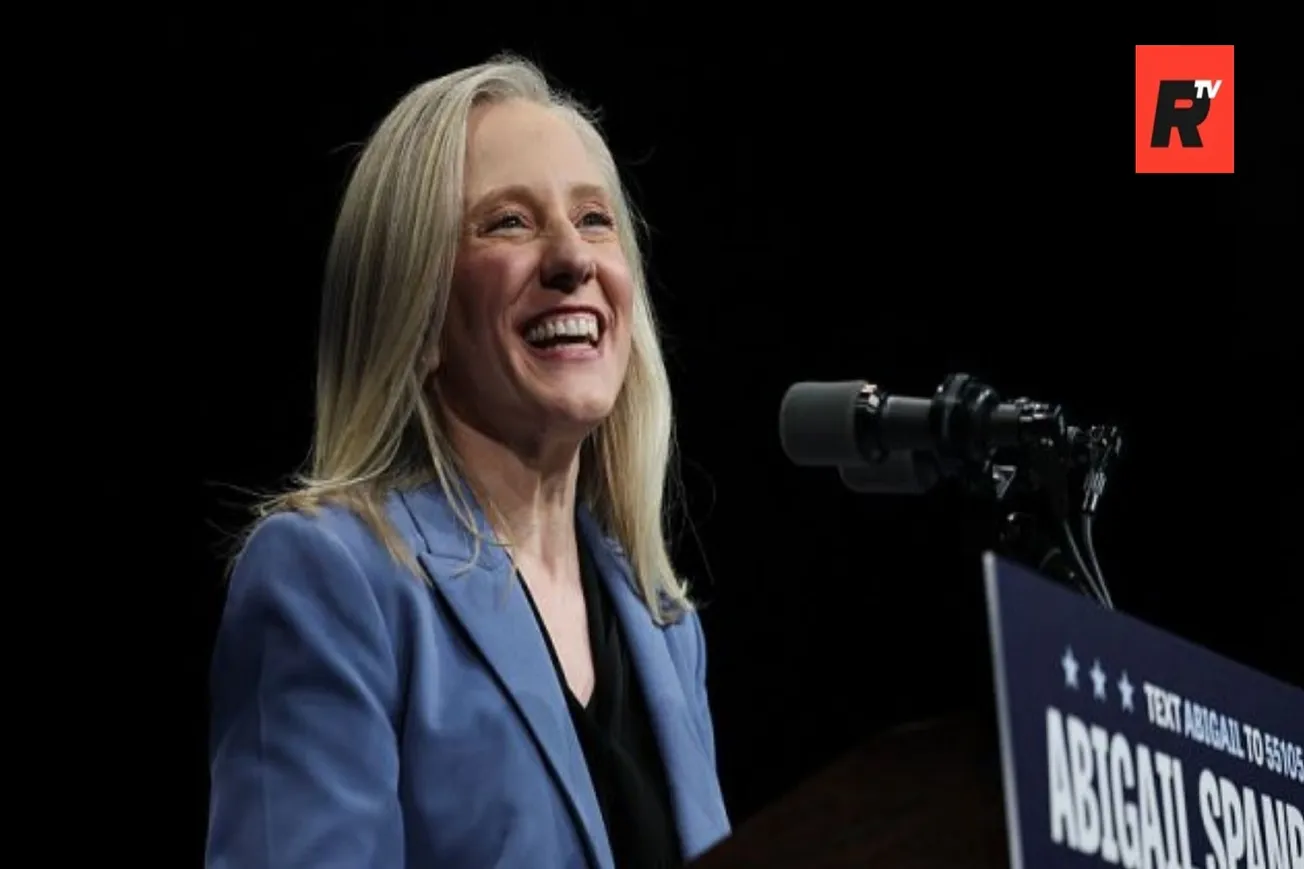Table of Contents
Democrats notched key wins in off-year elections on Nov. 5, handing the party a boost just one year before critical 2026 midterms that could decide control of Congress.
With President Donald Trump's administration still finding its footing, these results underscore voter priorities on the economy over immigration — a potential warning sign for Republicans holding a slim House majority.
Fresh analysis shows Democrats sweeping races in New Jersey and California, fueled by messaging on jobs and inflation.
In New Jersey's governor's race, Democrat Mikie Sherrill, a former Navy pilot and four-term congresswoman, defeated Republican Jack Ciattarelli, whom Trump endorsed, by improving on Kamala Harris' 2024 margins in 119 of 124 counties.
The Associated Press called the race early, noting Sherrill's focus on affordability amid high property taxes and energy costs.
Exit polls indicated economic concerns trumped immigration, with 52 percent of voters prioritizing jobs and inflation.
In California, voters approved Proposition 50 by 64 percent, scrapping independent-drawn congressional maps for new lines that could flip five Republican seats to Democrats in 2026.
Backed by Gov. Gavin Newsom, the measure counters GOP redistricting in states like Texas, with Newsom calling it proof of Democratic "ascendancy."
GOP strategists labeled the night a "bloodbath," warning of national ripple effects for House control, where historical trends show the president's party losing seats in 20 of 22 cycles.
The momentum extends to progressive strongholds.
In New York City, Democratic socialist Zohran Mamdani, 34, won the mayoral race with 50.4 percent of the vote, defeating former Gov. Andrew Cuomo (41.6 percent) and Republican Curtis Sliwa (7 percent).

Mamdani, the first Muslim and South Asian mayor, mobilized young voters — 75 percent under 30 backed him — on promises of taxing the wealthy to ease affordability.
In Seattle, socialist Katie Wilson leads incumbent Mayor Bruce Harrell by over 1,300 votes, with 61 percent in late tallies, surging on housing and transit pledges despite her family's cost-of-living struggles.

These gains coincide with Trump administration stumbles that risk alienating the base.
On Fox News this week, Trump defended expanding H-1B visas, saying, "You can’t take people off an unemployment line and say, 'I’m going to put you into a factory where we’re going to make missiles.'"
The remark sparked MAGA backlash, with critics accusing him of sidelining American workers.
FBI Director Kash Patel draws fire for investigative lapses. His girlfriend, singer Alexis Wilkins, filed $5 million defamation suits against conservative figures Elijah Schaffer, Kyle Seraphin and Sam Parker, alleging they falsely insinuated she's a Mossad "honeypot" agent.
Schaffer called the suits "delusional."
Patel faces cover-up accusations in the Jan. 6 pipe bomb probe, while the September 2025 assassination of Turning Point USA founder Charlie Kirk — allegedly by 22-year-old Tyler Anderson — has fueled suspicions of a botched probe.
Patel, who prematurely announced an arrest via social media, dined at a high-end Washington restaurant mere hours after the shooting and lashed out at Utah authorities, faced Senate questions and criticism from four former FBI leaders over his handling of the crisis.
His decision to halt a parallel probe by National Counterterrorism Center Director Joe Kent—launched to scrutinize potential foreign or external backing for the alleged assassin, Tyler Robinson—has intensified fury within the MAGA faithful, who see it as yet another layer of obfuscation in the case.
No further charges have emerged despite theories of accomplices.
Patel along with Attorney General Pam Bondi and Deputy FBI Director Dan Bongino face "failure" labels from hardliners after a public feud over Jeffrey Epstein files.
No high-profile arrests of Biden-era officials for alleged crimes — from border policies to election interference — have occurred nine months in, per analyses showing ICE focusing on non-criminal deportations.
Despite President Trump's repeated assertions of a booming U.S. economy, stubbornly elevated prices for groceries and gasoline continue to strain household budgets, fueling voter discontent that could prove pivotal in the 2026 midterms and beyond.
Grocery costs rose 2.7 percent in the year through September, with staples like eggs and beef seeing sharper hikes amid supply disruptions from avian flu and slow livestock recovery, according to Bureau of Labor Statistics.
Average regular unleaded gas hovered around $3.02 per gallon in early November, down slightly from summer peaks but still 15 percent above pre-pandemic levels in real terms, exacerbating affordability woes for commuters and families.
Trump, speaking at a Miami business forum on Nov. 5, touted "the greatest economy right now" with claims of slashed inflation and cheaper energy, insisting affordability remains his top goal amid robust GDP growth estimated at 2.7 percent to 4 percent for the fourth quarter.
Yet persistent cost-of-living pressures, echoed in last week's off-year election upsets where voters prioritized economic relief over other issues, risk eroding GOP support and handing Democrats congressional gains in 2026.
This inertia could suppress MAGA turnout in 2026, handing Democrats the House if relief doesn't materialize swiftly.
While Trump's swamp-drainers sip cocktails amid unsolved murders and phantom arrests, the socialist vanguard marches unchecked from Gotham to the Emerald City.







